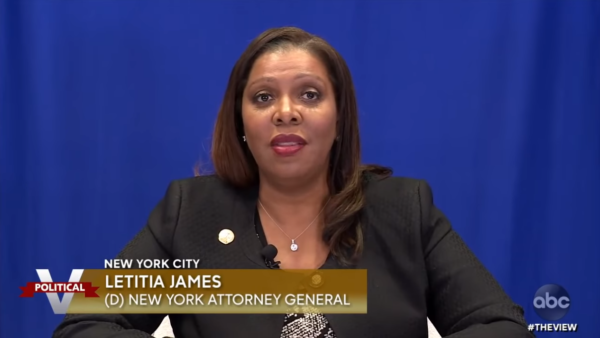
Four days after a federal judge struck down many of the provisions contained in a revised New York State gun control law—hastily adopted in the wake of last June’s Supreme Court ruling nullifying the state’s unconstitutional “good cause” requirement to get a concealed carry license—anti-gun state Attorney General Letitia James filed a motion to “maintain the Concealed Carry Improvement Act (CCIA)”
The show of defiance is the latest move to prevent widespread concealed carry by Empire State residents. Instead of being required to show a “good cause,” now they must prove themselves of “good moral character” by allowing licensing authorities to snoop into their social media activities.
In a news release Monday, James announced, “Today my office filed a motion to keep the entire Concealed Carry Improvement Act in effect and continue to protect communities as the appeals process moves forward. This common-sense gun control legislation is critical in our state’s effort to reduce gun violence. We will continue to fight for the safety of everyday New Yorkers.”
According to the release, “The CCIA was passed during an extraordinary session of the Legislature and enacted earlier this summer in the wake of the U.S. Supreme Court’s ruling in New York State Rifle & Pistol Association v. Bruen. The law strengthens requirements for concealed carry permits, prohibits guns in sensitive places, requires individuals with concealed carry permits to request a property owner’s consent to carry on their premises, enhances safe storage requirements, requires social media review ahead of certain gun purchases, and requires background checks on all ammunition purchases.”
The new law, according to some critics, is even worse than the unconstitutional statute it replaced.
That appears to have been how U.S. District Court Judge Glenn Suddaby. As noted in the Associated Press report, Judge Suddaby observed in his decision, “Simply stated, instead of moving toward becoming a shall-issue jurisdiction, New York State has further entrenched itself as a shall-not-issue jurisdiction. And, by doing so, it has further reduced a first-class constitutional right to bear arms in public for self-defense … into a mere request.”



